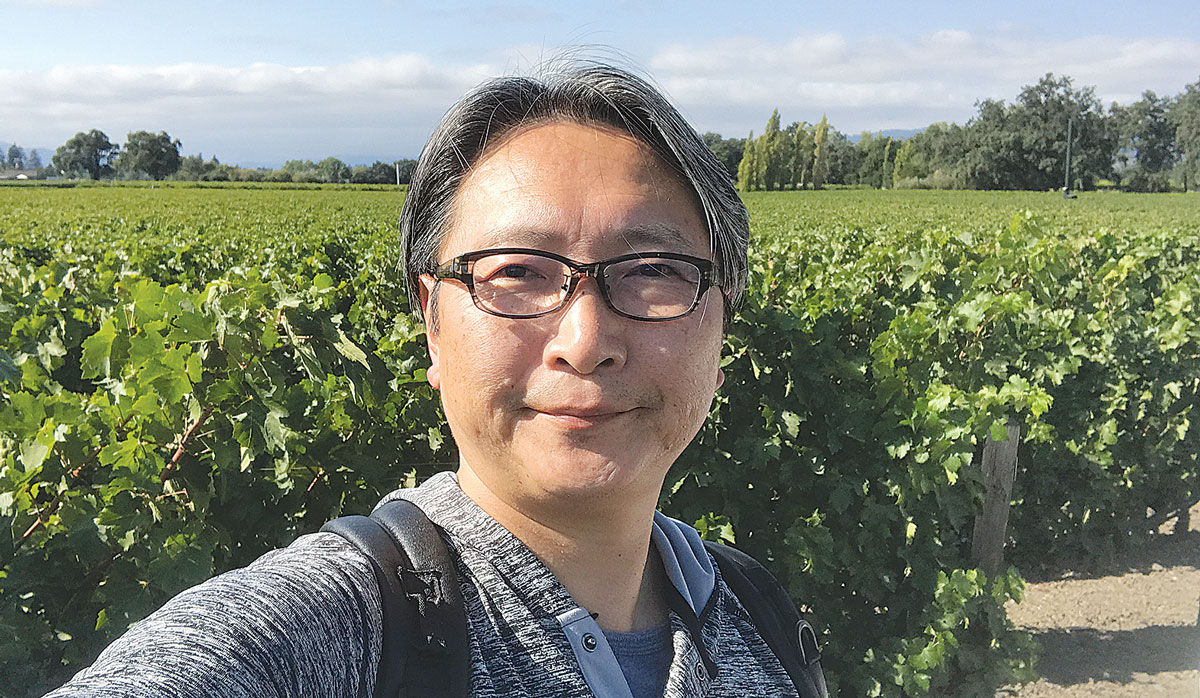Two new awards open to help young farmers progress to farm ownership
Entries have opened for two awards in the New Zealand Dairy Industry Awards (NZDIA) programme, aimed at helping young farmers progress to farm ownership.
 Japan is home to some of the world’s longest living people with 90,500 centenarians - people over the age of 100.
Japan is home to some of the world’s longest living people with 90,500 centenarians - people over the age of 100.
Japanese consumers pay a premium for food that contains ingredients that support health.
Fonterra says they can pay up to 50% more for foods with 'functional' claims.
"Functional ingredients do well in Japan and Fonterra has a clear competitive advantage in the space. It's our sonzai-igi - our reason for being," says Kunimoto-san, Fonterra's new president for its North Asia business, comprising Japan and Korea.
Demand for Fonterra dairy ingredients is underpinned by Japan's demand for functional foods, or foods that contain added nutrients that benefit health.
Kunimoto-san says Fonterra's dairy ingredients have always been part of this trend and the co-op's whey protein isolate (WPI), whey proteing concentrate (WPC) and milk protein concentrate (MPC) are in demand as a result.
"Fonterra's dairy ingredients have been quietly at the forefront of the revolution, helping to deliver benefits from satiety to longevity for consumers to live happier, healthier lives," he says.
There's a reason the world looks to Japan for inspiration in functional foods - foods that offer health benefits beyond basic nutrition. Japan is home to some of the world's longest living people with 90,500 centenarians (people over the age of 100). By 2030, 1 in 3 people there will be over the age of 65.
This drives strong demand for products that support wellbeing, mobility and combat cognitive decline. Foods with functional claims typically retail at 1.5 times the price of ordinary foods.
Products like yoghurt containing probiotics, vitamins and minerals can be found in any of the country's convenience stores.
Kunimoto-san says, topping the list is protein, "and it would seem the more protein you can include into a product, the better".
 |
|---|
|
Kunimoto-san, Fonterra president for its North Asia business. |
But taste remains fundamental for Japanese consumers.
"No matter how good a product may be for you, if it doesn't taste right, it's probably not going to cut it".
"Our ingredients are ideal because there's little or no compromise on taste, appearance, or quality."
To meet customer requirements, Fonterra actively works with technical experts in market and Fonterra Research and Development Centre (FRDC).
The collaboration extends to having a Fonterra resource at customers' R&D centres and having customer presence at FRDC to jointly develop the next big idea.
Examples of product applications include Fonterra's MPC, WPC, and WPI used high protein beverage and WPC in milk flavour protein powder.
Additional reductions to costs for forest owners in the Emissions Trading Scheme Registry (ETS) have been announced by the Government.
Animal welfare is of paramount importance to New Zealand's dairy industry, with consumers increasingly interested in how food is produced, not just the quality of the final product.
Agriculture and Forestry Minister Todd McClay is encouraging farmers and growers to stay up to date with weather warnings and seek support should they need it.
The closure of SH2 Waioweka Gorge could result in significant delays and additional costs for freight customers around the Upper North Island, says Transporting New Zealand.
OPINION: The year has started positively for New Zealand dairy farmers and things are likely to get better.
Ministry for Primary Industries (MPI) Director General Ray Smith believes there is potential for an increase in dairy farming in New Zealand.
OPINION: There will be no cows at Europe's largest agricultural show in Paris this year for the first time ever…
OPINION: Canterbury grows most of the country's wheat, barley and oat crops. But persistently low wheat prices, coupled with a…